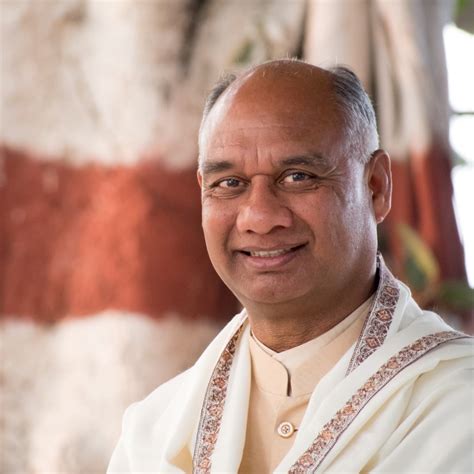A Quote by Al Jourgensen
I think we were colonized by aliens 250,000 years ago, and they genetically altered our DNA to be primates into homo erectus and humans. I'm very interested in how we evolved so suddenly, which obviously ties in with the alien thing.
Related Quotes
A few years ago, they [Neandertals] were thought to be ancestral to anatomically modern humans, but now we know that modern humans appeared at least 100,000 years ago, much before the disappearance of the Neandertals. Moreover, in caves in the Middle East, fossils of modern humans have been found dated 120,000-100,000 years ago, as well as Neandertals dated at 60,000 and 70,000 years ago, followed again by modern humans dated at 40,000 years ago. It is unclear whether the two forms repeatedly replaced one another by migration from other regions, or whether they coexisted in some areas
Asian Homo erectus died without issue and does not enter our immediate ancestry (for we evolved from African populations); Neanderthal people were collateral cousins, perhaps already living in Europe while we emerged in Africa... In other words, we are an improbable and fragile entity, fortunately successful after precarious beginnings as a small population in Africa, not the predictable end result of a global tendency. We are a thing, an item of history, not an embodiment of general principles.
I think my philosophy has evolved over the years. I started teaching almost 15 years ago and I've learned that how one student learns is obviously much different than how another student learns and so I've had to figure out how to get through to people honestly without hurting their feelings - which is no easy task just in the scope of being a human being, much less in the classroom, but which is something that is more important to me now than it was when I was 30 - and to show them a path to improving.



































